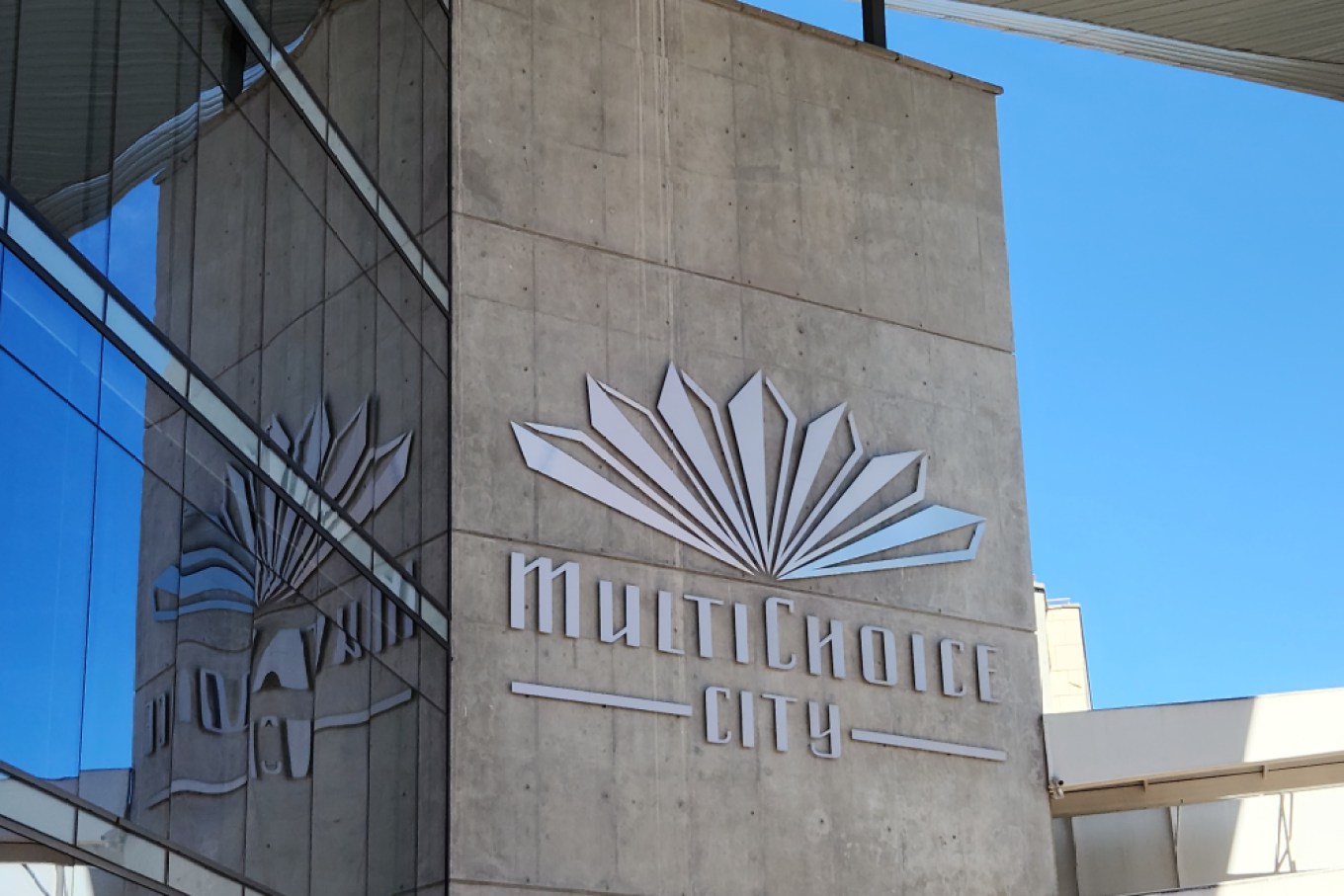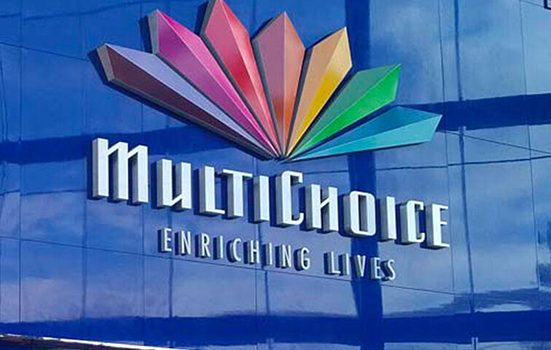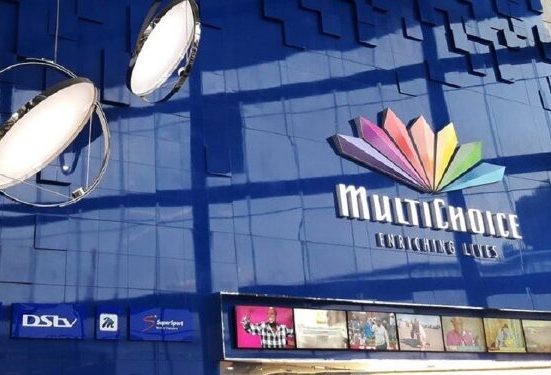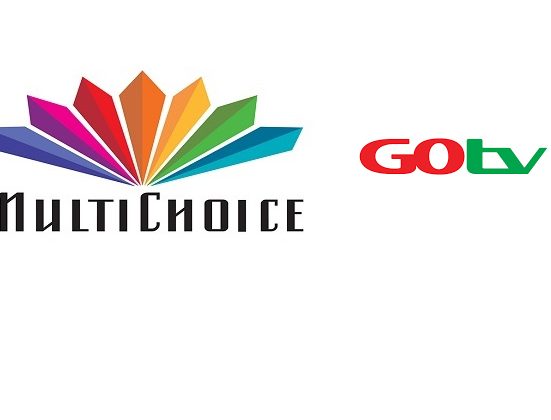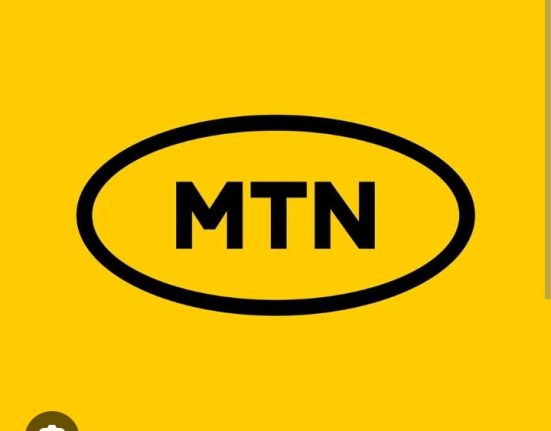The Ghanaian government has taken a firm stance against what it described as disproportionately high subscription rates for DStv services in the country, particularly in light of the cedi’s recent gains against major international currencies. This move has stirred significant conversations across the continent, drawing attention to the pricing policies of multinational service providers operating in Africa.
Authorities raised concerns that, despite the Ghanaian cedi showing strong performance in the foreign exchange market in recent months, the cost of pay-TV services—especially from MultiChoice-owned DStv, remains far above what is obtainable in other African nations. This has prompted calls for a comprehensive review of the pricing model to reflect economic realities and ensure fairness for Ghanaian consumers.
Government officials argue that Ghanaians continue to pay premium rates for the same DStv packages that are considerably cheaper in neighbouring countries like Nigeria and South Africa. For example, data from consumer rights advocates indicate that the DStv Premium package in Ghana costs the equivalent of over $80 monthly, while the same bouquet is available to Nigerian subscribers for roughly $29, a gap deemed unacceptable by stakeholders.
This disparity has not only raised eyebrows within Ghana but also sparked broader regional debates on the need for uniform pricing standards across African markets where multinational companies operate. Consumer advocacy groups and parliamentary committees have since joined the conversation, demanding accountability and transparency from service providers.
In response to mounting pressure, Ghana’s National Communications Authority has initiated regulatory steps to engage MultiChoice Ghana on the matter, warning of potential sanctions should the company fail to review its pricing framework. Government representatives insist that pricing must reflect the current economic landscape, including currency strength and market dynamics.
As the situation develops, many Ghanaians are hopeful that this directive will pave the way for more affordable digital services, while also setting a precedent for how corporate entities adjust their pricing models in response to local economic improvements. The call for fairness, equity, and responsible corporate citizenship appears to be gaining ground, and the outcome in Ghana could influence similar moves in other African markets.

